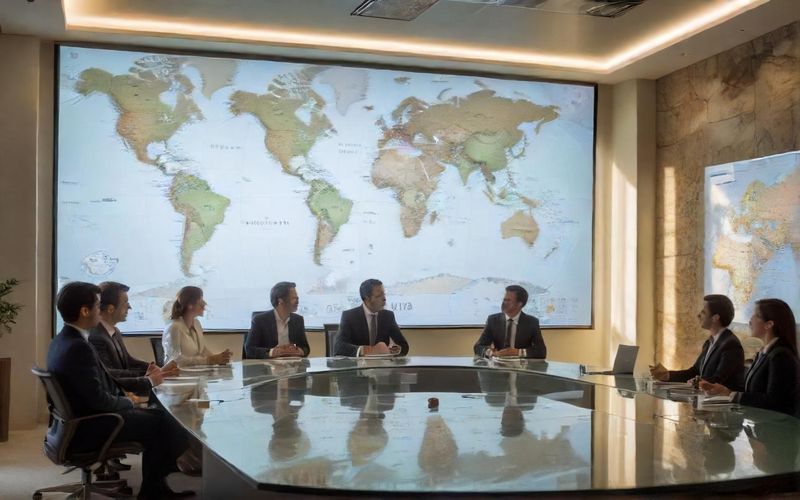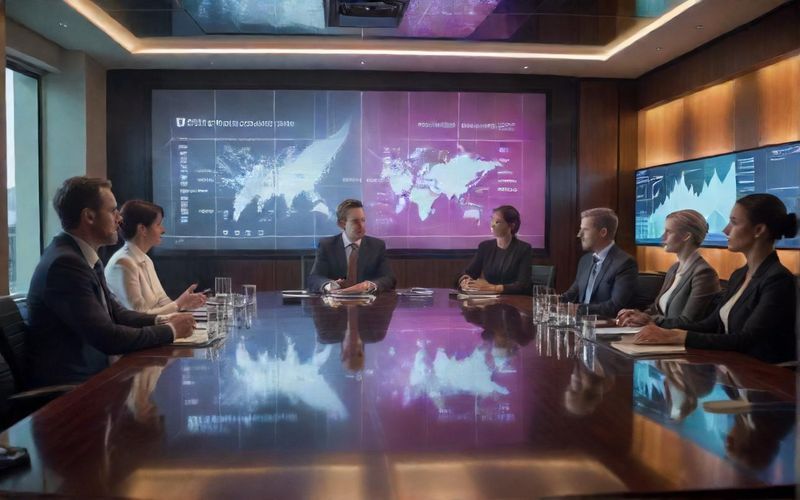Madrid Connects Canary Islands to Global Opportunities

The recent "Canarias, donde las empresas descubren su mejor versión" event, hosted in Madrid, underscored the capital's role as a vital hub for Spanish business. Proexca, the Canary Islands' economic promotion agency, deliberately chose Madrid as the final stop in its national tour, recognizing its status as a powerhouse of innovation, technology, and audiovisual production. The aim was clear: to present the unique advantages of the archipelago to expanding Madrileño companies. This isn't just about showcasing tax incentives; it's about positioning the Canaries as a strategic Atlantic platform, a concept that resonates deeply in a world increasingly focused on geopolitical and economic connectivity. The presence of key figures from Madrid’s economic and technological sectors, alongside discussions featuring leaders in TICs, R&D, gaming, and aerospace, signals a tangible intent to forge cross-sectoral synergies. The inclusion of a success story like Telespazio Ibérica’s CEO, Carlos Fernández de la Peña, lends crucial credibility, demonstrating that this is not merely theoretical aspiration but practical reality.
Further deepening this economic discourse, another significant gathering took place at the Casa de Canarias in Madrid, focusing on "Oportunidades y Retos de la Economía Canaria; una mirada a los próximos 50 años." This event delved into the long-term vision for the archipelago, bringing together experts to dissect how the islands can bolster their global standing. The discussion points were particularly astute: the power of territorial marketing to forge a distinct "Canary Islands brand" in a crowded global marketplace, the untapped potential of the archipelago as a logistical "safe harbor" between continents, and the undeniable opportunity presented by Africa's burgeoning economy. It’s a forward-thinking approach that moves beyond traditional perceptions, emphasizing diversification into high-value sectors like logistics and technology, leveraging the islands' "safe harbor" status as a crucial geopolitical and economic advantage. The fact that North American companies are already utilizing Canarias as a base for operations in Africa speaks volumes about this strategic foresight.
What’s particularly striking is the confluence of these economic discussions with Madrid’s rich cultural offerings. While one might easily get lost in the vibrant soundscapes of a flamenco-jazz fusion concert or the historical narratives captured in Michael Mauney's photographs of Allende's Chile, the underlying message is one of interconnectedness. The Canary Islands, through these strategic dialogues in Madrid, are actively redefining their identity, moving from a primarily tourist destination to a multifaceted hub for business, technology, and international trade. They are essentially weaving a new narrative, one that leverages their geographic position, stability, and growing connectivity to become a vital bridge between continents.
The enthusiasm for these economic forums, evidenced by events selling out and drawing significant interest from internationally positioned Canary Islanders, suggests a collective yearning for a more robust and diversified future. It’s a future where the unique advantages of the archipelago are not just recognized but actively harnessed. As Madrid continues to host these pivotal conversations, it solidifies its own position not just as a cultural capital, but as a critical nexus for shaping Spain's economic future and its outward-facing global strategy.
In this era of dynamic global shifts, the Canary Islands, with their strategic discussions resonating through Madrid, are clearly charting a course for sustained relevance. The question that remains is: can this meticulously crafted vision of diversification and international partnership translate into enduring prosperity and a truly redefined "best version" for the archipelago in the decades to come?








